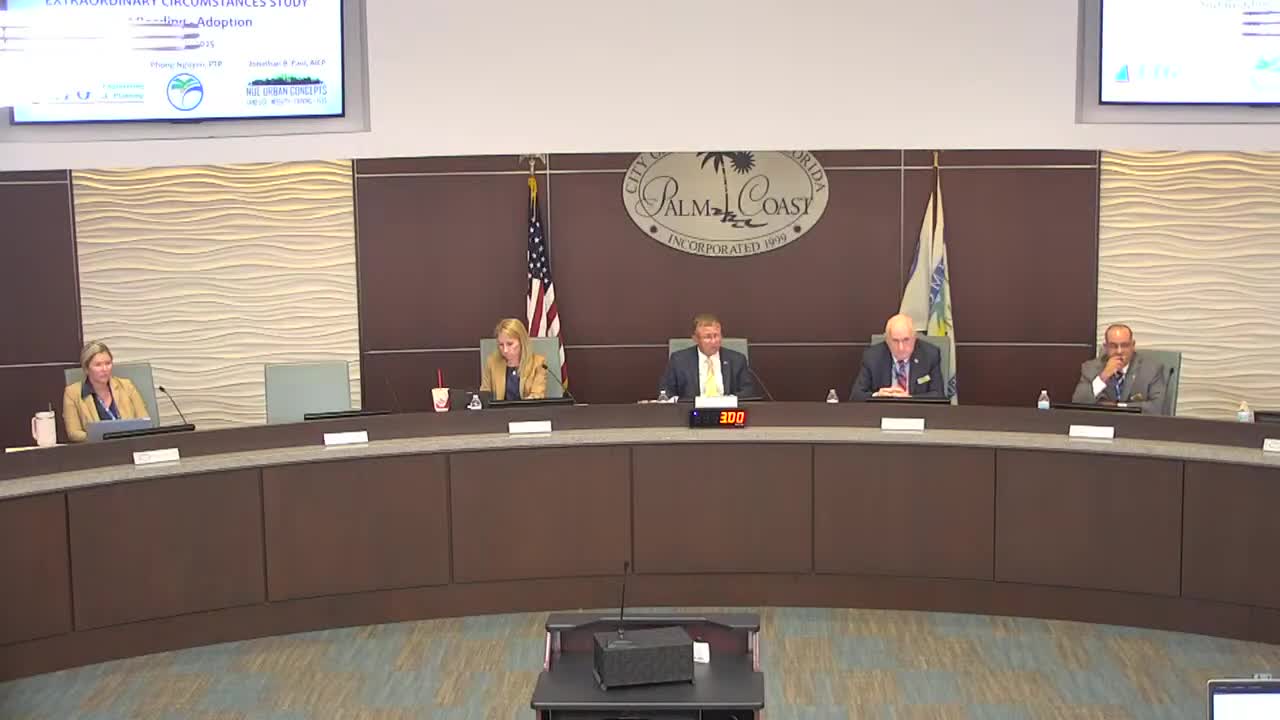Article not found
This article is no longer available. But don't worry—we've gathered other articles that discuss the same topic.
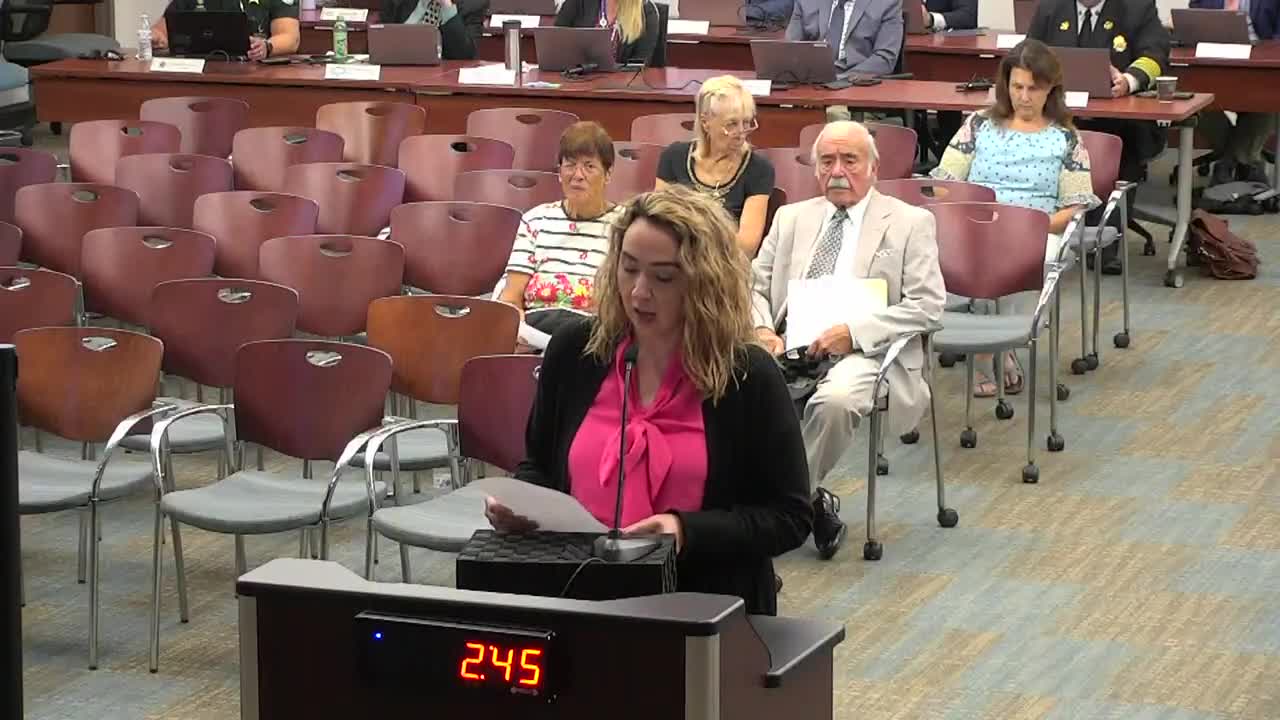
Council approves $303,000 contract for agenda and meeting platform to improve ADA access
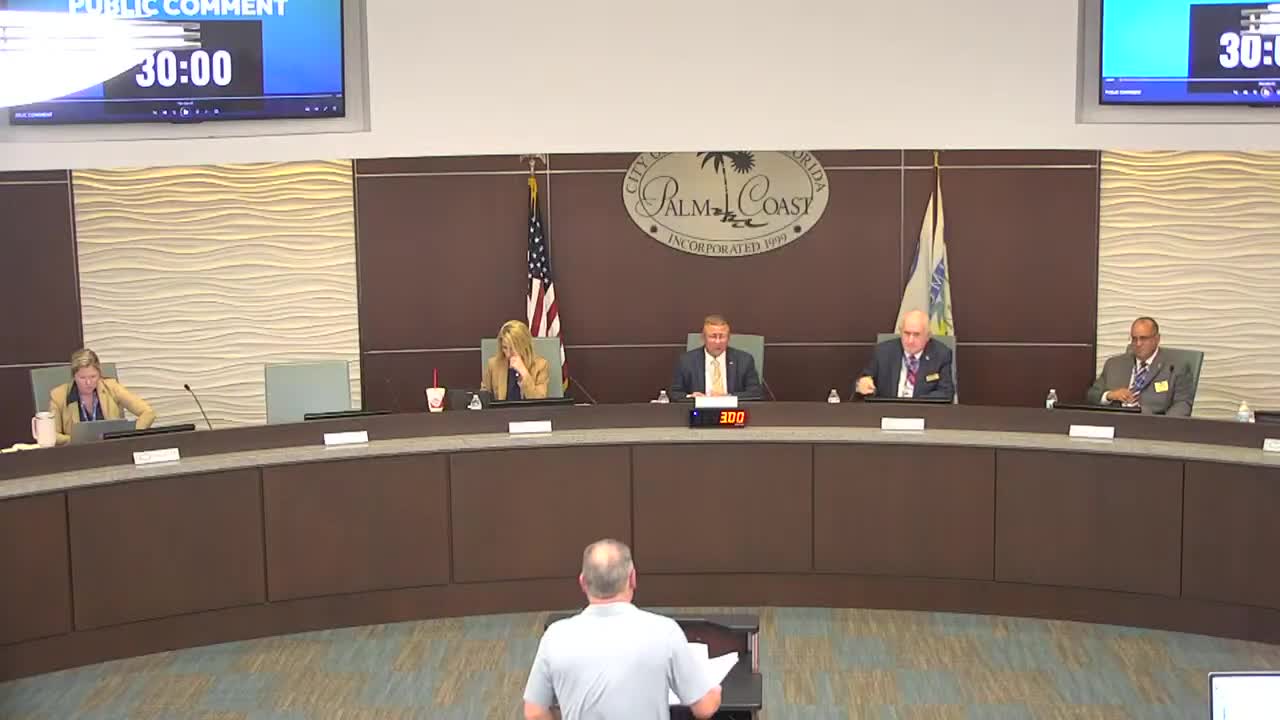
Residents press council over Palm Harbor golf course finances and possible sale
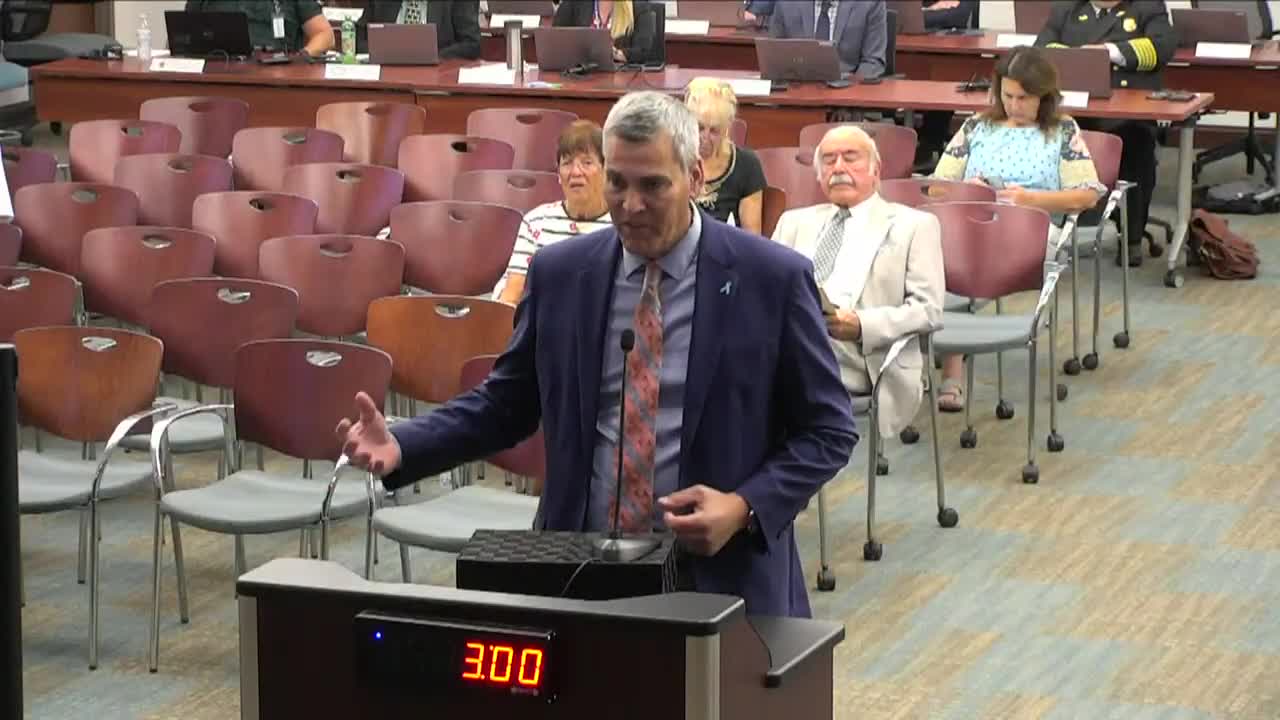
Staff selects architecture consultant and gathers stakeholders for Fire Station 22 reuse study
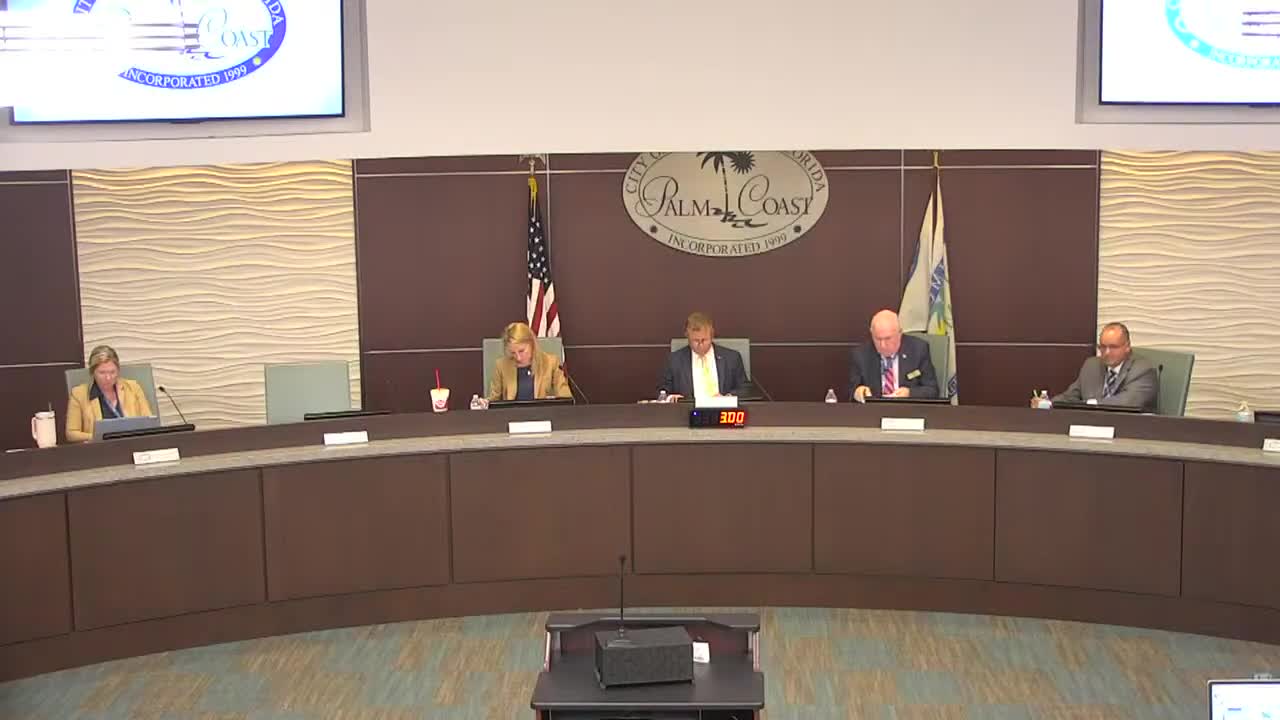
Council moves to repeal city color rules after months of debate; item returns to planning board
